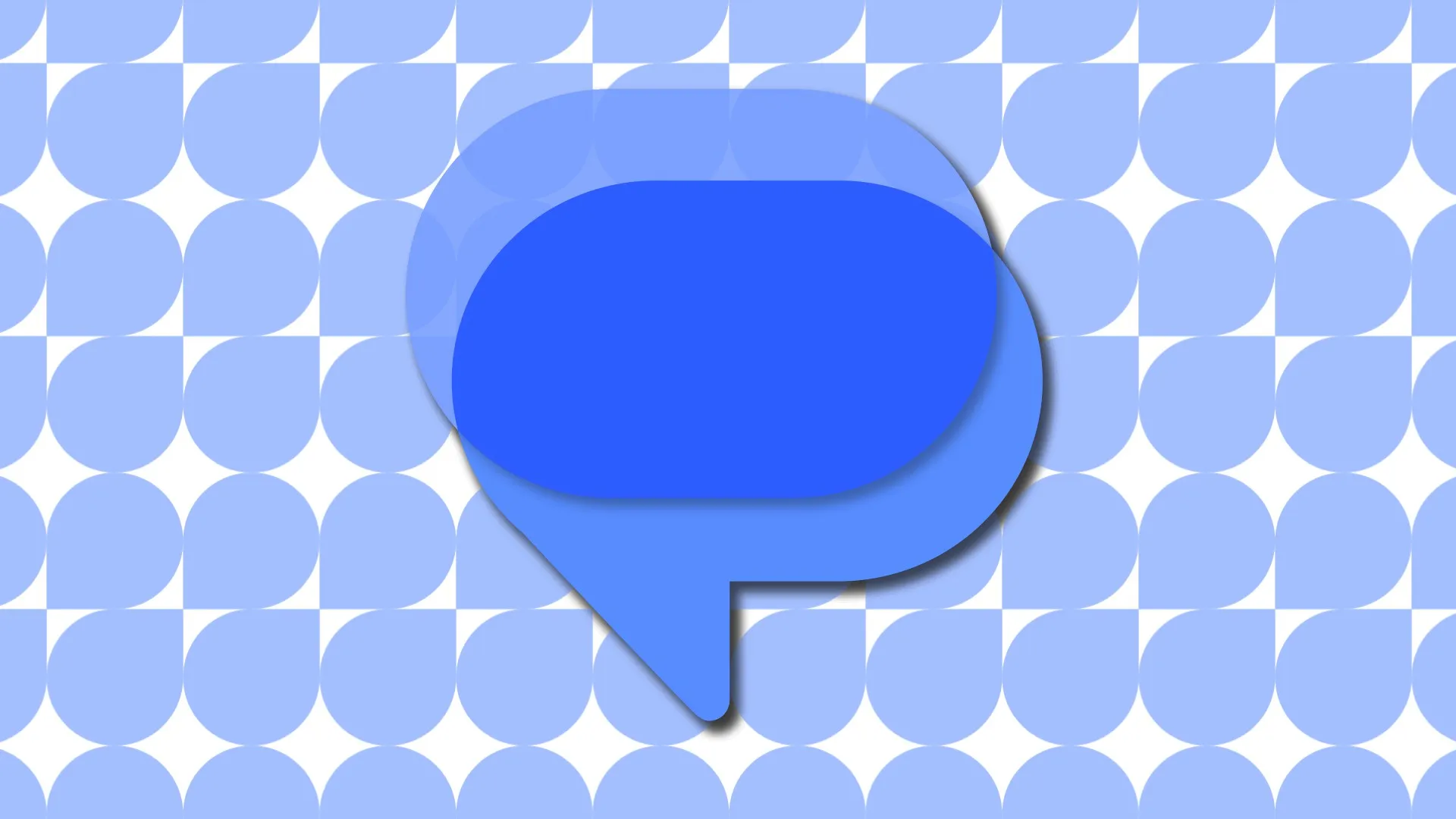
Google Messages Could Get This New Feature
How did your country report this? Share your view in the comments.
Diverging Reports Breakdown
Google Messages Could Get This New Feature
The GSMA announced the latest update to the standard that governs Rich Communication Services (RCS) The new specification, known as Universal Profile version 3.1, introduces a slew of backend changes. It most notably adds support for the High-Efficiency Advanced Audio Coding (xHE-AAC) codec. This allows for significantly higher-quality sound to be transmitted using less data. The update also introduces “new mechanisms for connecting RCS clients to operator services,” which basically means streamlining the initial setup process for RCS apps on Android and iOS. The changes will not appear overnight, and it is now up to carriers and client app developers to implement it.
This new codec aims to enhance audio quality for speech & non-speech use cases.
Improved onboarding mechanisms may streamline the RCS setup process.
The rise of RCS has allowed for way better communication between Android phones and, more recently, has helped bridge the gap between iOS and Android messaging-wise. With this improvement, your experience might be about to get a lot better if you rely on voice messages a lot.
The GSMA today announced the latest update to the standard that governs Rich Communication Services (RCS). The new specification, known as Universal Profile version 3.1, introduces a slew of backend changes, but it most notably adds support for the High-Efficiency Advanced Audio Coding (xHE-AAC) codec. This allows for significantly higher-quality sound to be transmitted using less data. Currently, audio sent via messaging apps is often heavily compressed to save bandwidth, resulting in muffled or tinny playback. With the integration of xHE-AAC, the decompression process retains far more of the original audio fidelity.
What this means for you is that your voice messages will sound clearer and more natural, and shared clips of music or ambient sound will be richer. Furthermore, if you ever need to throw a voice message into a chatbot like Gemini, it will have fewer issues actually decoding what you or someone else said. This codec in particular excels in enhancing the quality of both speech and non-speech audio. As the GSMA puts it:
The release introduces support for the xHE-AAC audio codec, enabling highly efficient compression and decompression of shared audio content, which significantly enhances the quality both for speech and non-speech use cases. Whether users are sending voice notes, ambient sound clips, or have audio-based chatbot interactions, they can now expect clearer, more natural playback.
Beyond this addition, Universal Profile 3.1 takes special care of a critical, albeit less visible, aspect of the user experience: onboarding. The update introduces “new mechanisms for connecting RCS clients to operator services,” which basically means streamlining the initial setup process. While activating RCS is pretty straightforward for most users, it can get a bit clunky sometimes, occasionally failing to connect or requiring manual intervention. These new “mechanisms” are supposed to address that and make things more seamless, though we’ll have to wait and see whether they actually result in improvements.
These changes will not appear overnight. The GSMA has released the standard, and it is now up to carriers and client app developers to implement it. Google, the primary driver of RCS adoption through its Messages app on Android, is expected to integrate these updates in a future release. Apple might take a while longer to bring this to its own implementation—maybe through a minor update to iOS 26 later this year or early next year.
Source: 9to5Google
Source: https://www.howtogeek.com/google-messages-could-get-this-new-feature/
